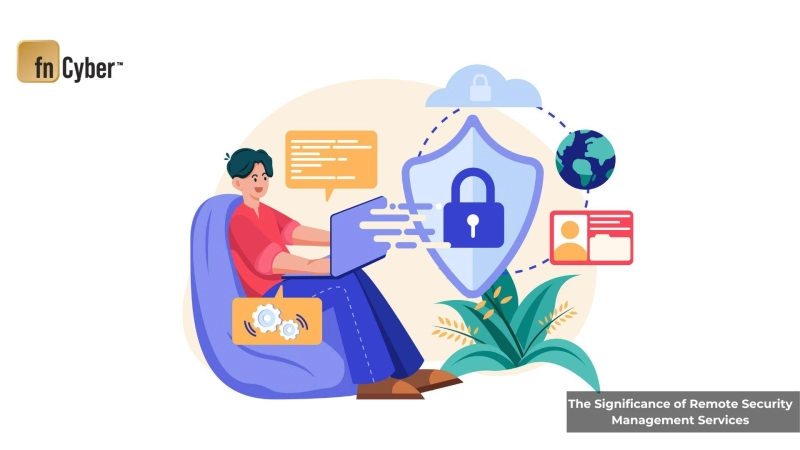In today's ever-evolving digital landscape, where remote work has become the norm rather than the exception, ensuring remote security management stands as an imperative pillar for any organization. The proliferation of remote teams has brought forth a new wave of challenges, particularly in safeguarding sensitive data and fortifying cybersecurity measures. Understanding the pivotal role of cybersecurity consultants and embracing robust remote team cybersecurity strategies has become non-negotiable for businesses aiming to thrive in this dynamic environment.
The Evolution of Remote Work
The advent of remote work has revolutionized traditional work dynamics. Organizations have embraced remote setups for their inherent benefits - flexibility, cost-effectiveness, and a broader talent pool. However, this shift has opened doors to a myriad of security vulnerabilities, emphasizing the critical need for efficient remote security management.
Mitigating Risks with Remote Security Management
Ensuring the security of data and systems in a dispersed work environment necessitates a proactive approach. Remote security management services offer a multifaceted shield against potential threats. These services encompass a spectrum of measures:
1. Comprehensive Risk Assessment
Professional cybersecurity consultants conduct thorough risk assessments tailored to the unique infrastructure and operations of remote teams. Identifying vulnerabilities and potential entry points for cyber threats forms the cornerstone of proactive risk mitigation.
2. Implementing Robust Security Protocols
Deploying stringent security protocols tailored to remote setups is imperative. This includes encrypted communication channels, multi-factor authentication, regular software updates, and access controls. Emphasizing the use of secure networks and VPNs fortifies the defense against unauthorized access.
3. Continuous Monitoring and Threat Detection
Continuous vigilance through round-the-clock monitoring and real-time threat detection mechanisms is pivotal. Utilizing cutting-edge technologies such as AI-driven analytics and machine learning aids in identifying anomalies and thwarting potential security breaches proactively.
4. Employee Education and Training
Empowering the remote workforce with comprehensive cybersecurity training fosters a culture of vigilance. Educating employees about best practices, recognizing phishing attempts, and reinforcing the importance of adhering to security protocols significantly bolsters the overall defense mechanism.
The Role of Cybersecurity Consultants
Partnering with adept cybersecurity consultants augments an organization's capability to navigate the intricate landscape of remote team cybersecurity. These experts bring forth a wealth of knowledge and experience, crafting tailored strategies and solutions to fortify defenses against evolving threats.
Embracing a Secure Future
In conclusion, the importance of remote security management services cannot be overstated in today's digitally interconnected world. Mitigating risks associated with remote work environments demands a proactive stance, leveraging cutting-edge technologies and expertise offered by cybersecurity consultants. By prioritizing robust security measures, businesses can safeguard their sensitive data, uphold their reputation, and ensure uninterrupted operations in an increasingly remote-centric landscape.



